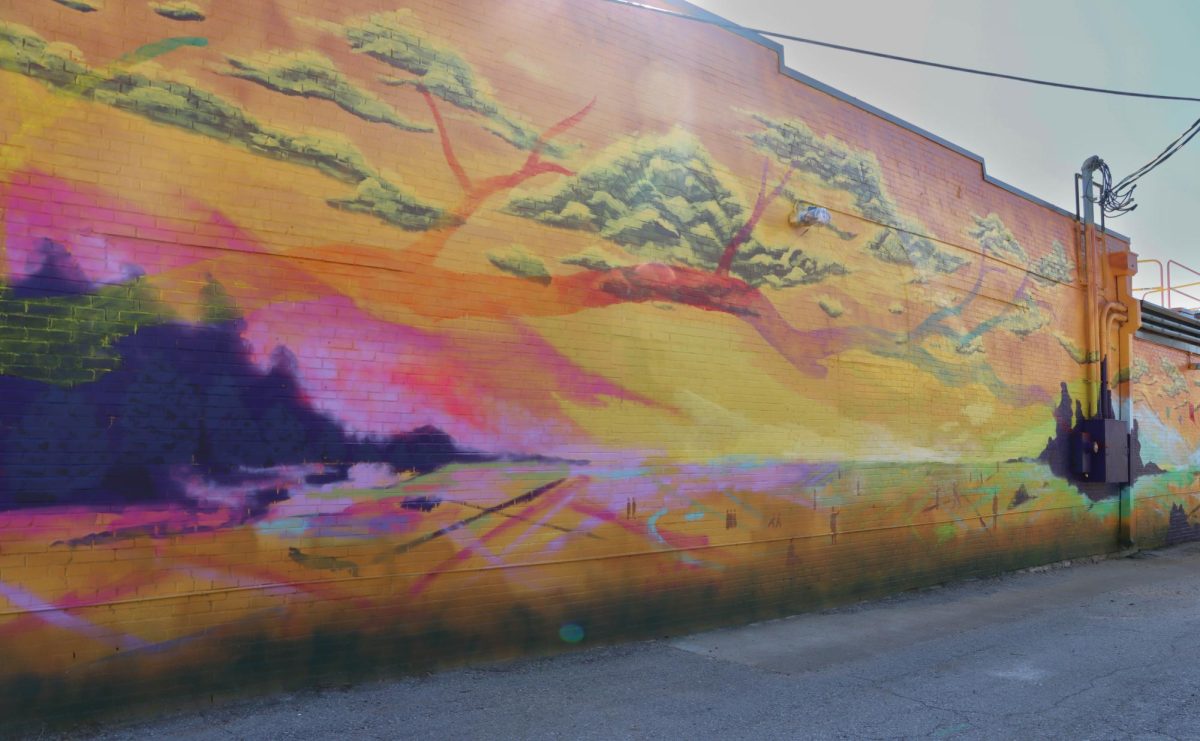February. For some, holidays like Valentine’s Day or President’s Day, or even Groundhog’s Day come to mind. For others, however, the month of February represents something greater than any holiday.
Black History Month, first celebrated in 1926 as “Negro History Week,” began when a child of former slaves realized the lack of African-American history in
textbooks.
Carter G. Woodson spent his childhood working in coal mines in Kentucky before enrolling in high school at the age of 20. He later went on to earn a Ph.D. from Harvard, where he discovered that his race had been excluded in American history. Furthermore, he saw that when they were mentioned, it was in an inferior way.
Woodson then decided to change the shape of history, founding what is now called the Association for the Study of Afro-American Life and History in 1915 and the publication, Journal of Negro History, one year later.
In 1926, Negro History Week was formed as a way to bring a national focus to the roles of blacks in American history. Woodson chose the second week of February because it marked the birthdays of Frederick Douglass and Abraham Lincoln, two men who influenced blacks in America.
However, many other important events, such as the addition of the 15th Amendment on Feb. 3, 1870 hat allowed blacks to vote and the foundation of the National Association for the Advancement of Colored People (NAACP), on Feb. 12, 1909, have made February a month to celebrate.
The Black Student Alliance at Saint Louis University has planned an entire month of activities to commemorate African-American history that are open to the entire University community. The theme of the annual festivities this year is “Celebrating a Legacy,” something BSA is trying to do in each of the events, said BSA Activities Chair Annette Jackson.
Calendars have been distributed on campus, as well as in surrounding neighborhoods, in an effort to bring in the entire community, Jackson said.
“We want to search out other organizations on campus and off to celebrate this history because it’s not just black history, it’s American history,” Jackson said.
An opening celebration on Feb. 1 began the month of festivities, followed by a movie night Wednesday, Feb. 6. One of the most anticipated events is Talent Tuesday, which will take place Tuesday, Feb. 12 at 7 p.m. in the Billiken Club. The activity is a chance for students to show off their talent and express themselves, Jackson said. There will be a Valentine’s Day theme and food will be provided.
The highlight of the month will take place Thursday, Feb. 14, when keynote speaker Michael Eric Dyson, professor of religious studies at DePaul University in Chicago, will talk to the SLU community about bridging the age gap between African-Americans to unite the older and younger generations, Jackson said.
Dyson is an African-American studies, urban studies, cultural studies and religious studies scholar who has written a number of best-selling books focusing on the different struggles African-Americans face. One of his most recent books highlights the life of Tupac Shakur.
Next on the calendar is a performance by the SLU Gospel Union at 7 p.m. on Feb. 15 in the Anheuser-Busch auditorium in Cook Hall.
On Feb. 21, a blood drive will take place in the Simon Recreation Center from 10 a.m. to 4 p.m. “It’s our way of reaching out to the community,” Jackson said. Papa John’s is helping to sponsor the event, providing pizza for all blood donors.
Another major event planned is the Harambee Ball scheduled for Friday, Feb. 22, from 8 p.m. to midnight at the Hampton Inn on Market Street. Harambee is Swahili for “working together.” The cost is $12 a person or $20 a couple, which pays for admission and hors d’oeuvre, Jackson said.
The next morning, Saturday, Feb. 23, BSA is sponsoring a three-on-three basketball tournament open to SLU students as well as students from other campuses. A trophy will be awarded to the winning team, door prizes will be given, and food will be available. The charge is $15 per team or $2 to watch.
A final movie night is scheduled for Feb. 26, two days before the closing ceremony on Feb. 28. The ceremony will be held at 7 p.m. in Cook Auditorium and ends with a candlelight vigil at the clock tower to remember African-American history.
“This is our way to end the month and reflect on where we’re going as BSA and as individuals. It’s a chance to look back on our past as well as our future,” Jackson









